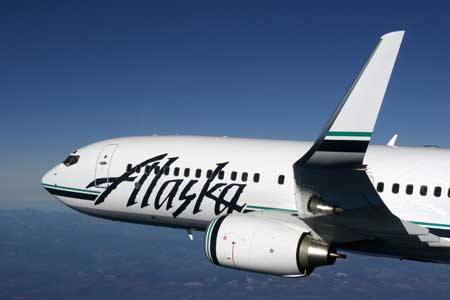
An organization called Sustainable Aviation Fuels Northwest (SAFN) has released a ten-month study that suggests a sustainable aviation biofuelindustry could be created in America’s Pacific Northwest, provided government policy will prioritize development in the region.
Although a reliable biofuel network Oregon a nd Washington could be an economic boost to the area, a recent study from the Massachusetts Institute of Technology (MIT) concluded the alternative fuel is only as green as the resources from which its originally derived. Further damning, a United Nations report found that government subsidies for biofuels can increase the cost of food in third-world countries, which may ultimately lead to more deaths in developing parts of the world. Still, we recently noted that the U.S. Department of Energy is funding eight different biofuel projects, an effort that will cost $47 million.
The report from SAFN was compiled by Climate Solutions, a non-profit organization that says it looks for practical ideas to curb global warming. While it’s always good to know the potential resources available in any region, the devil is in the details, as the old saying goes. Just how beneficial an aviation biofuel market can be ultimately depends on how that fuel is created, distributed, and supported against other sectors.
Article courtesy of Aaron Colter
Image via Alaska Airlines

